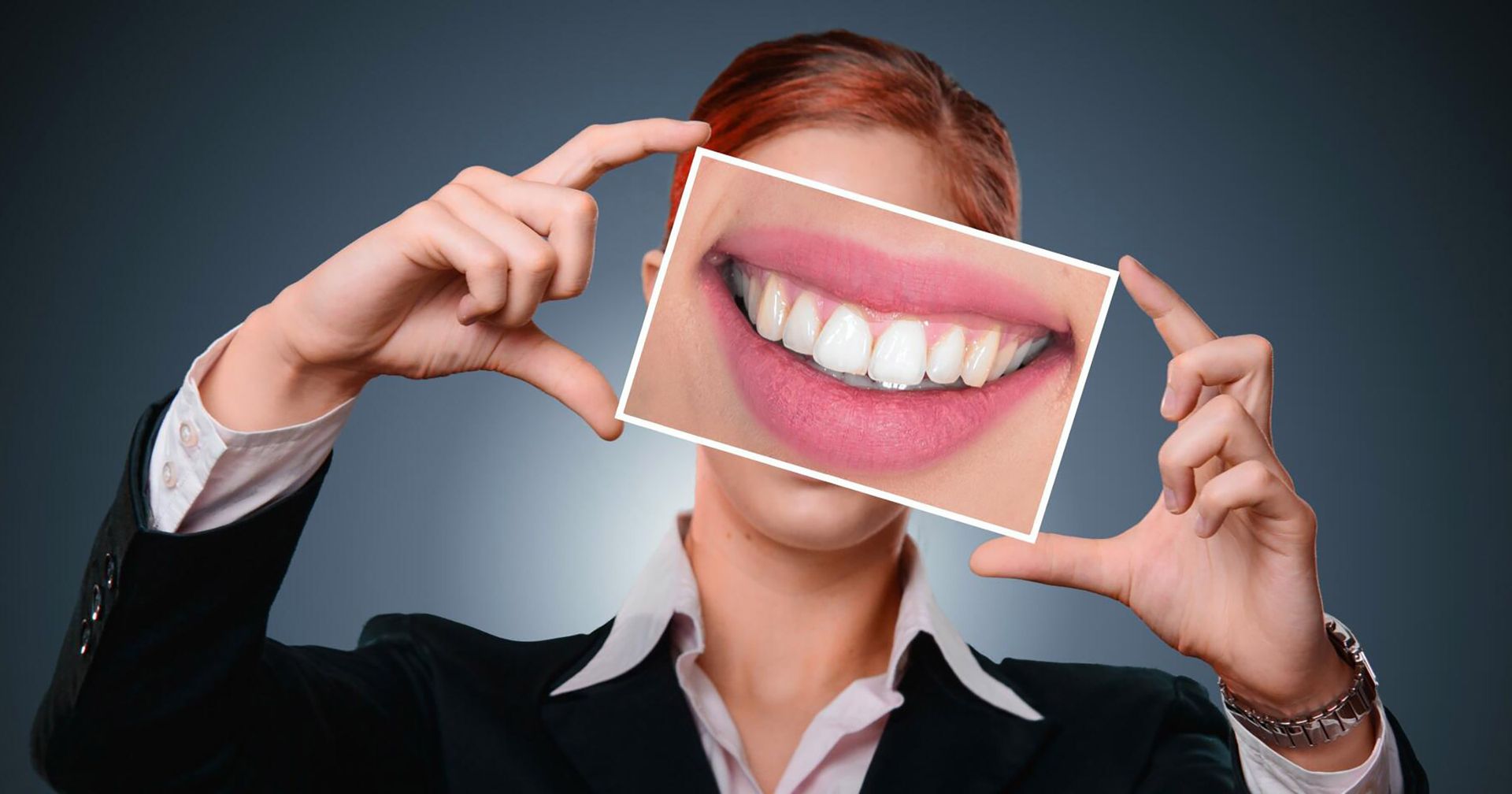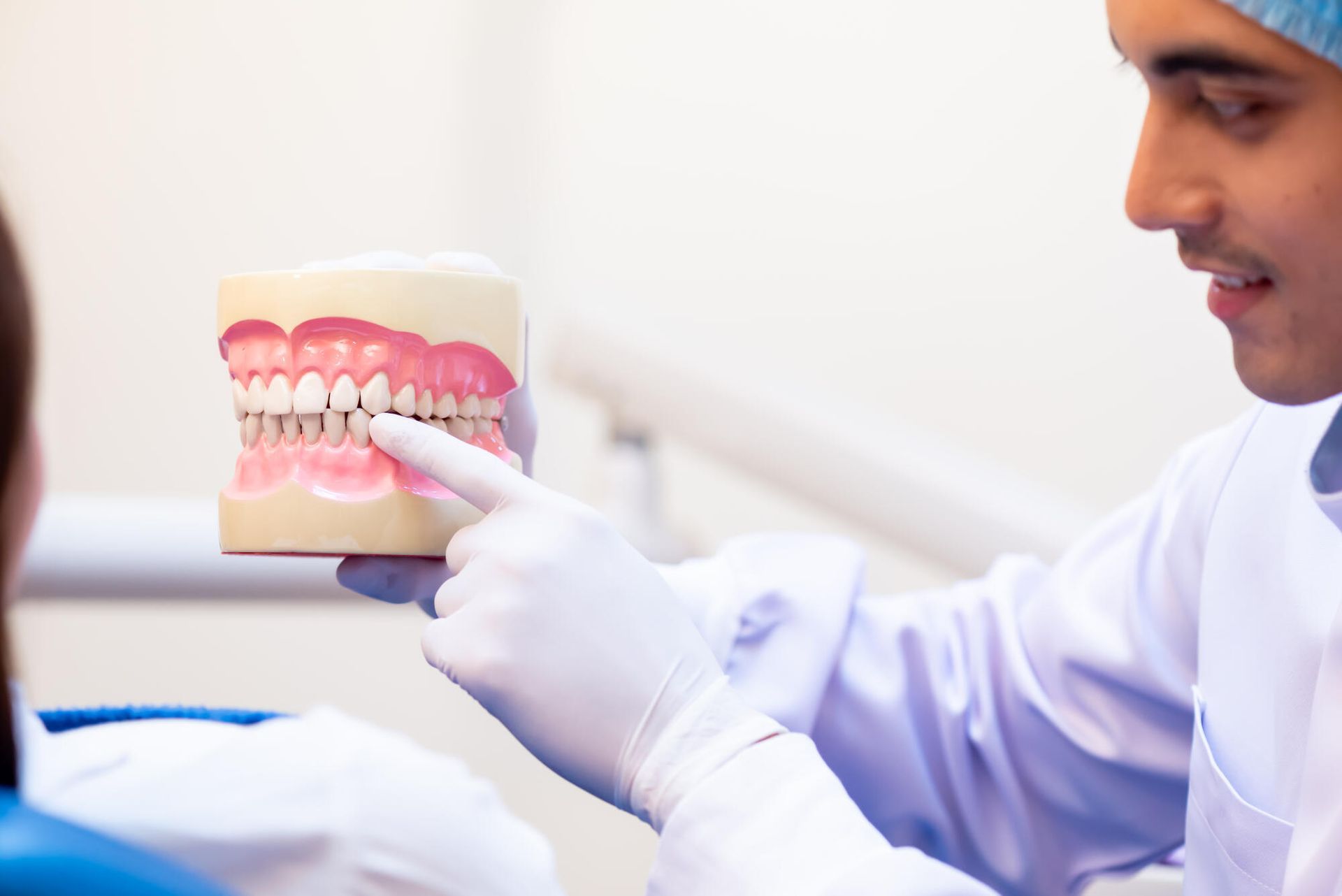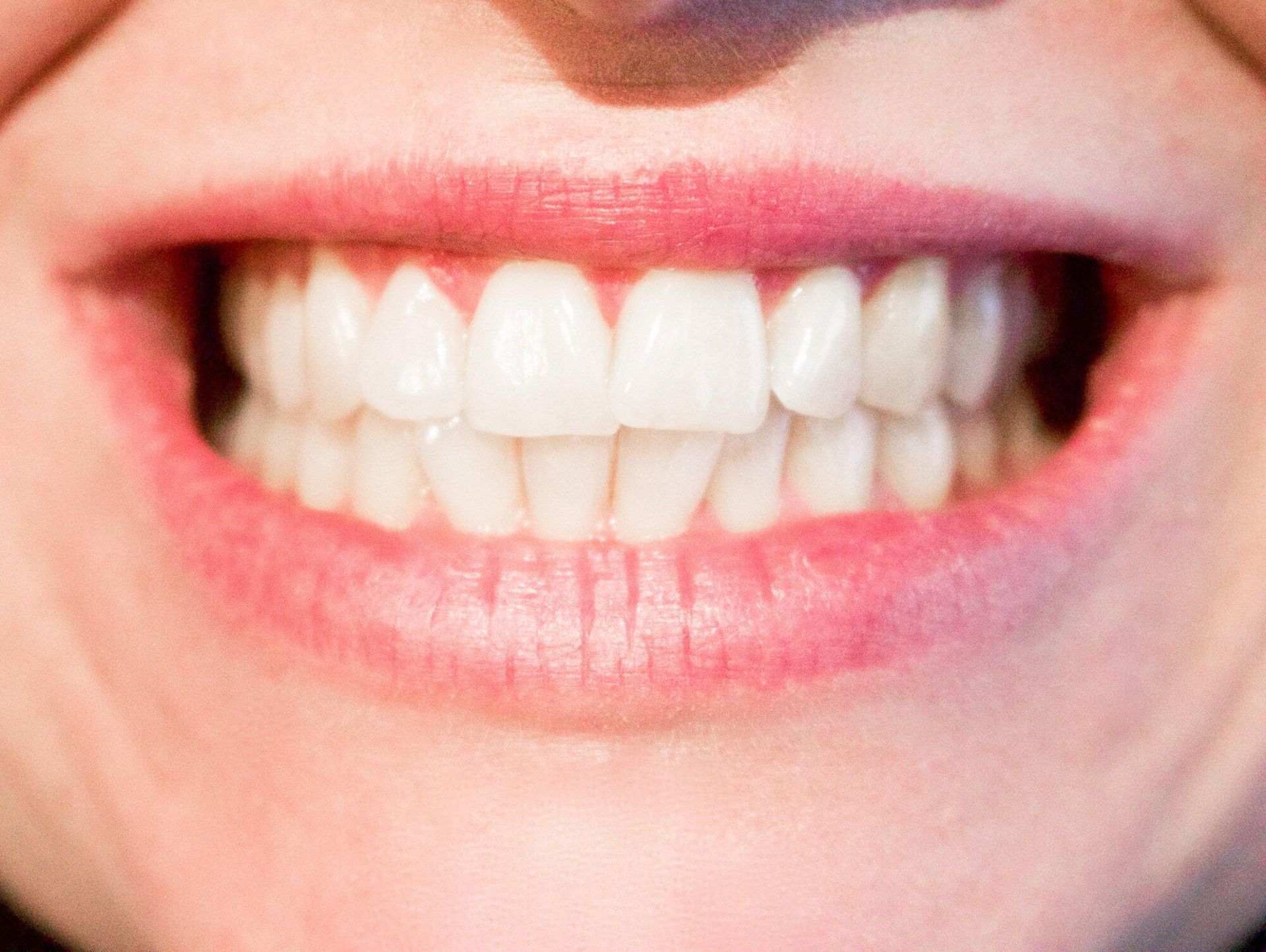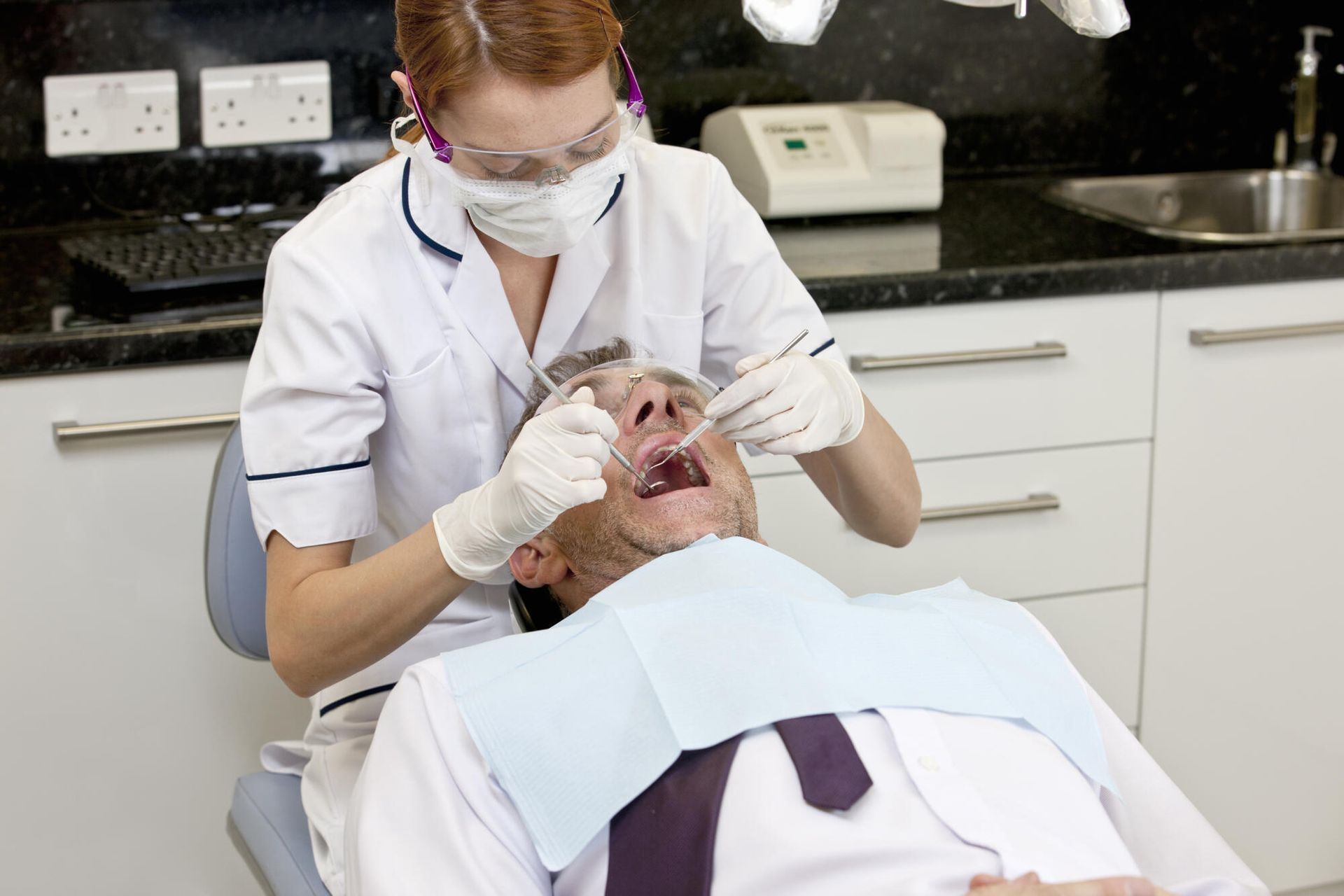Understanding Sedation Dentistry: Types, Benefits, and Who It's For
Has dental anxiety kept you from receiving treatment? According to the American Dental Association, almost 22% of people skip dental appointments due to a fear of the dentist. Avoiding a procedure could lead to serious health complications, including life-threatening infections.
Instead of avoiding the dentist, consider requesting sedation dentistry. Dental sedation can help you stay calm during a procedure.
What are the benefits of dental sedation, and what types of sedation dentistry are available? Read on to find out!
What Are Safe Sedation Methods for Dentistry?
Dental sedation involves using medications to help patients remain calm during dental procedures. This is a safe, effective way to make appointments more comfortable, especially for patients with dental anxiety.
According to the National Library of Medicine, about 36% of the population has dental anxiety. Another 12% suffer from extreme dental fear. Dental anxiety can have repercussions on a person's oral health and quality of life.
Dental anxiety or fear could keep you from scheduling routine appointments or necessary dental procedures. Your risk of developing oral health issues may increase without prioritizing preventive care.
For example, your risk of tooth decay and gum disease may increase. Preventive dentistry allows your dentist to spot signs of potential health problems before they develop. You can receive immediate treatment before there are complications.
Otherwise, a bacterial infection can lead to gingivitis, increasing your risk of:
- Stroke
- Lung disease
- Heart disease
- Diabetes
The Process
Safe sedation methods for dentistry can ensure you receive the care you need. Your dentist will assess your medical history and current health during your initial appointment. They'll consider your dental needs to determine if sedation is an ideal option.
Your dentist can help you review the different types of sedation dentistry to determine which best suits your case. Before administering the sedative, they'll ensure you're comfortable. Your dentist may use monitors to track your:
- Heart rate
- Oxygen levels
- Blood pressure
They may deliver the medicine intravenously (IV), orally, or through a gas mask. During the procedure, they'll monitor your dosage and make necessary adjustments. You'll stay in a relaxed, comfortable state and likely won't remember the procedure afterward.
Types of Sedation Dentistry
During your consultation appointment, discuss the types of sedation dentistry your dentist offers. They'll make recommendations based on your:
- Personal preference
- Medical history
- Dental procedure (and the time required)
- Level of anxiety
Your dentist may offer different levels of sedation to meet your unique needs. Minimal sedation will keep you awake but relaxed during the procedure. This often involves nitrous oxide (laughing gas).
Moderate sedation will keep you relaxed but unable to respond to stimuli. Your dentist may use IV or oral medications.
Deep sedation is ideal for extensive oral surgery. You'll remain conscious throughout the procedure but most likely will not remember the procedure.
Here are a few types of sedation dentistry to consider.
Nitrous Oxide
Also known as laughing gas, nitrous oxide is the mildest form of sedation available.This combination of nitrous oxide and oxygen is usually known as laughing gas. After you inhale the gas, you'll experience feelings of relaxation and euphoria.
The effects of nitrous oxide usually wear off quickly. You should feel safe enough to drive home after the procedure.
Oral Sedatives
Oral sedatives are usually in pill form. You can take this medicine 20 minutes before the procedure to induce feelings of drowsiness and relaxation.
Depending on the procedure, your dentist may recommend a stronger dose. This will achieve moderate sedation (light sleep). Effects can last a few hours, so have someone drive you home after your appointment.
IV Sedation
Intravenous sedation is administered directly into the bloodstream. This type of sedation dentistry produces faster effects. It's ideal for patients who require longer or more complex dental procedures.
You'll remain conscious during the procedure. However, you likely won't remember the procedure after the appointment. Make sure to have someone drive you home if you require this type of sedation.
General Anesthesia
Your dentist may use general anesthesia to keep you in a state of unconsciousness. You won't remember anything that happens during the procedure. This type of sedation is ideal for extensive, invasive dental procedures.
You'll remain still and calm during your appointment. However, this type of sedation carries risks, including:
- Hallucinations or confusion
- Nausea or vomiting
- Sweating or shivering
- Headaches
- Numbness
- Tiredness
- Dizziness
- Pain at the injection site
- Dry mouth
- Sore throat
- Slurred speech
Benefits of Dental Sedation
If you're nervous or avoiding the dentist, consider sedation options for dental anxiety. Sedation will keep you calm and relaxed during your appointment.
Otherwise, dental anxiety may keep you from receiving the care you need, potentially leading to health complications. You can learn more about the benefits of dental sedation on anxiety here.
Dental sedation can help with pain management during a procedure. You won't experience as much or any discomfort while sedated.
Dental sedation is ideal for patients who require lengthy or complex dental procedures. This includes wisdom tooth extraction. Remaining relaxed during the appointment can make it easier for your dentist to complete the procedure without interruptions.
If you're apprehensive about remembering specific details after the procedure, consult your dentist. A deeper form of sedation can offer memory suppression, resulting in partial or total amnesia.
Who Needs Sedation Dentistry
Your dentist may recommend dental sedation if you have:
- Dental anxiety or phobia
- A small oral cavity that gets sore during treatment
- Resistance to local anesthetics
- Highly sensitive oral tissues
- General anxiety disorder
- Feelings of claustrophobia while in the chair
- A sensitive gag reflex
- Special needs
- Difficulty controlling movements
- Poor experience with previous procedures
If you're still unsure whether you're an ideal candidate for treatment, ask your dentist, and they'll assess your oral health and treatment history to determine if you're a good fit.
Consider Sedation Dentistry Today
To recap, what are the benefits of sedation dentistry? Dental sedation can benefit patients who are anxious or require extensive treatment. You can avoid remembering the procedure or experiencing painful symptoms.
To experience these benefits firsthand, visit our team at Dental Arts of Bixby. We're committed to offering top-notch dental care with an approach centered on making visits smooth and worry-free.
Trust our state-of-the-art dental technology, dedication to excellent care, and services tailored to your needs. Contact us now to schedule an appointment.
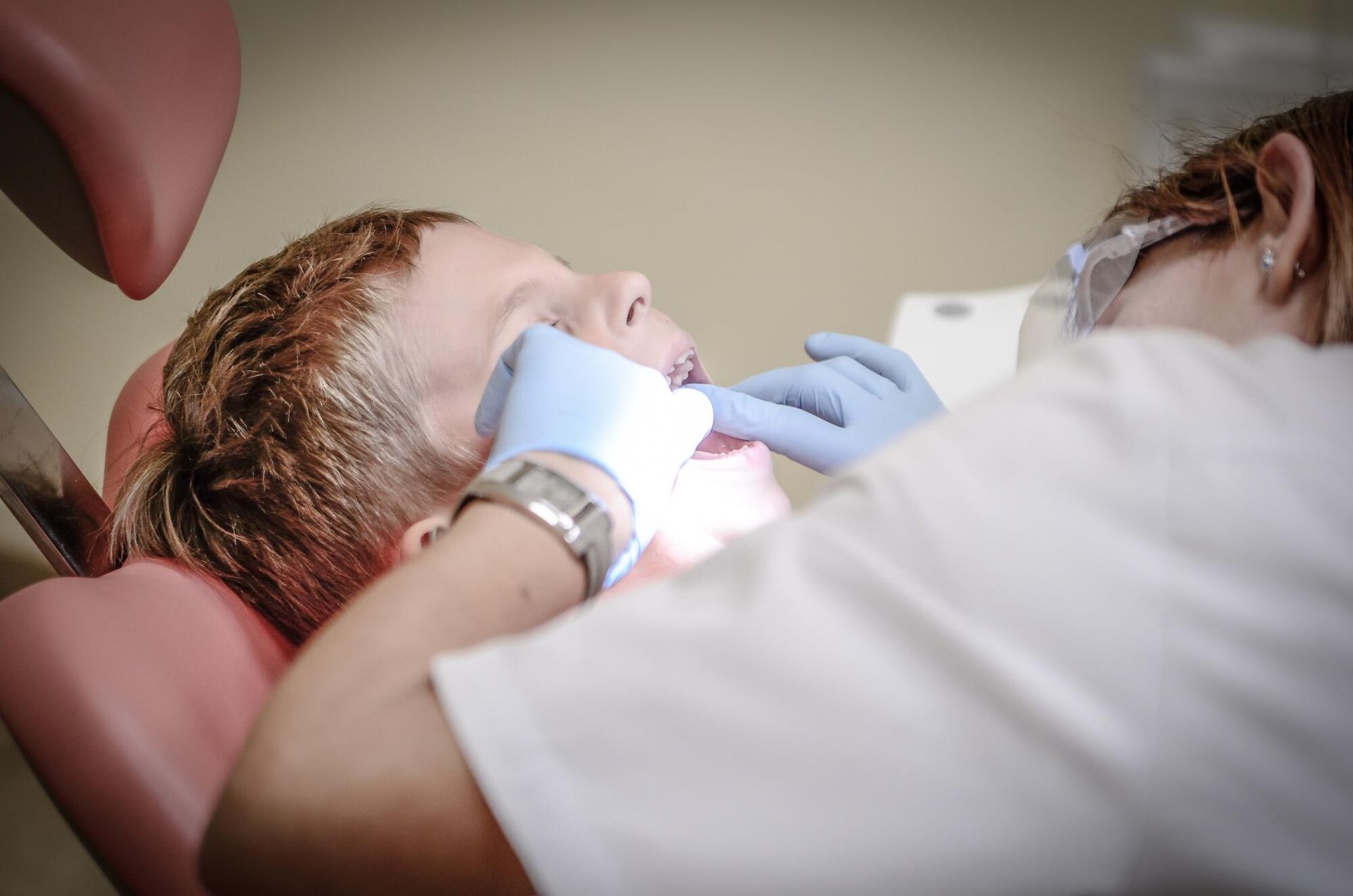
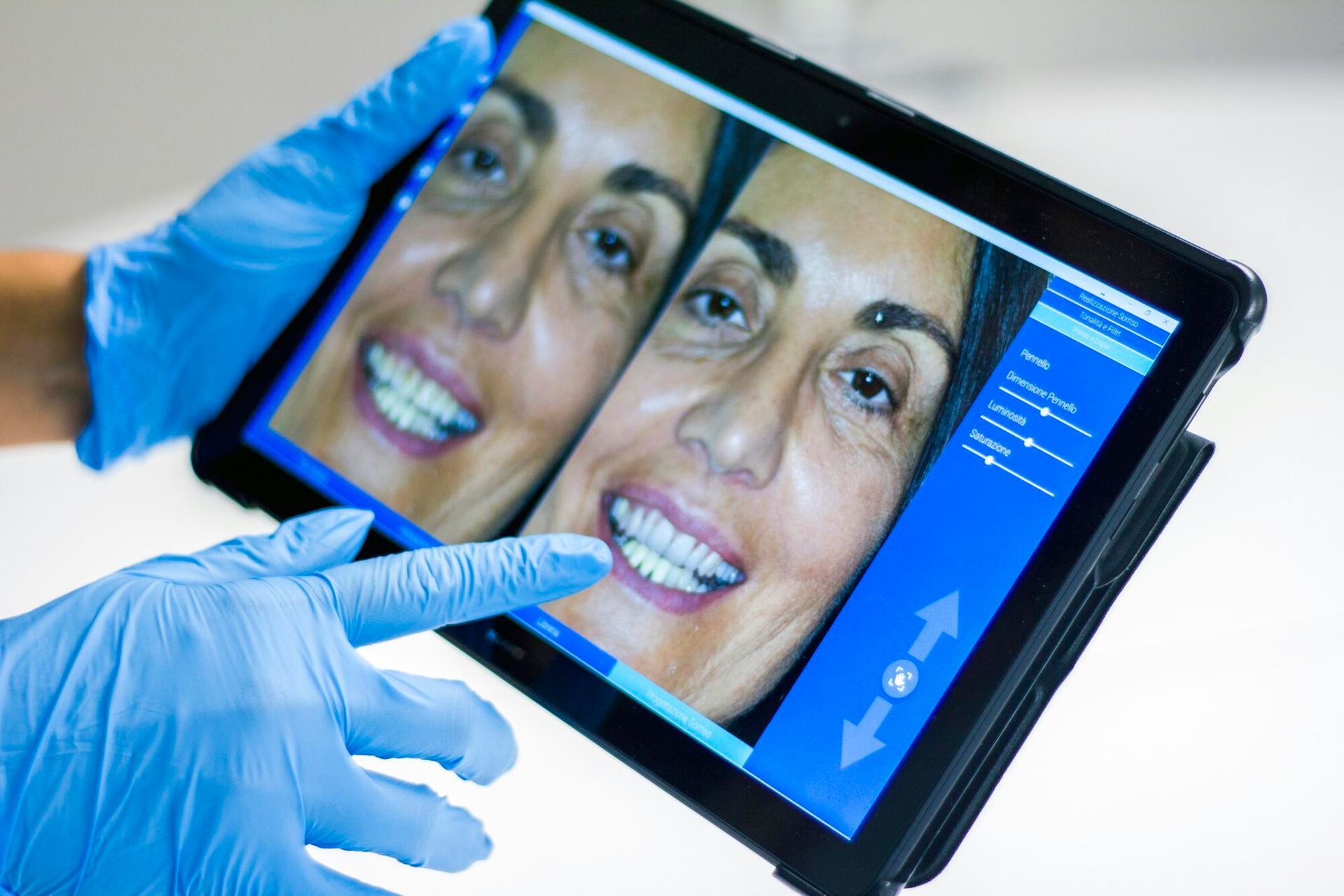
Catoosa Location
Locust Grove Location
Bixby Location
Tulsa Location
Nowata Location
This website and its marketing content are provided exclusively for use by clients of Dental Arts Management, LLC under the terms and conditions of the management services agreement.
All Rights Reserved | Dental Arts
Website Designed & Maintained by Xpress Promotion
918-937-7587
918-276-7318
918-205-7217
918-303-5048
918-393-4083

